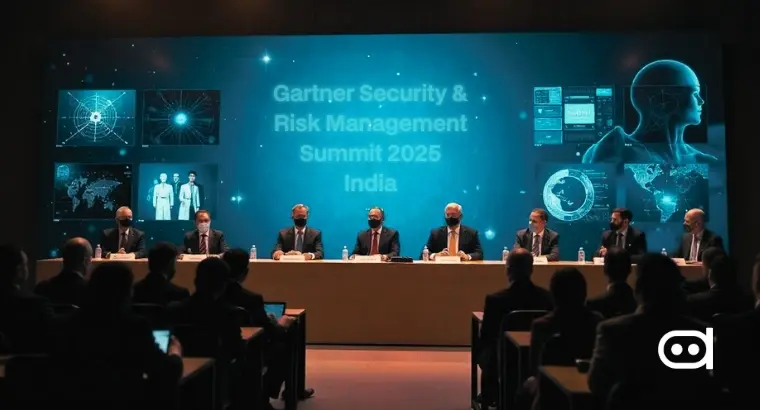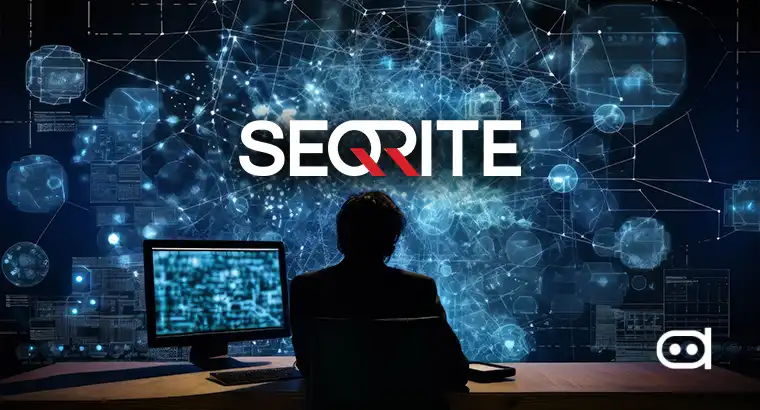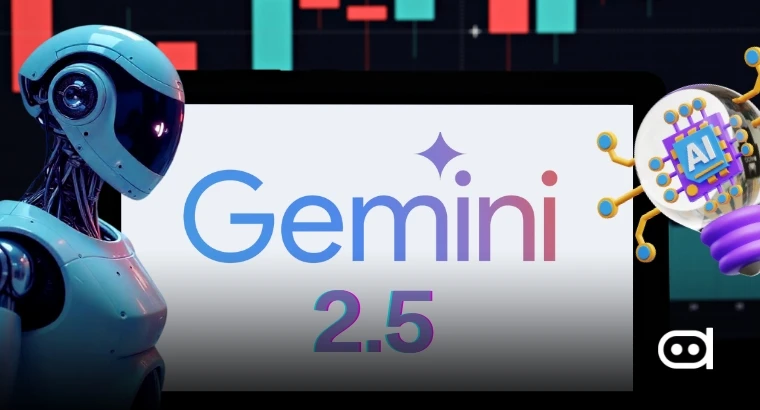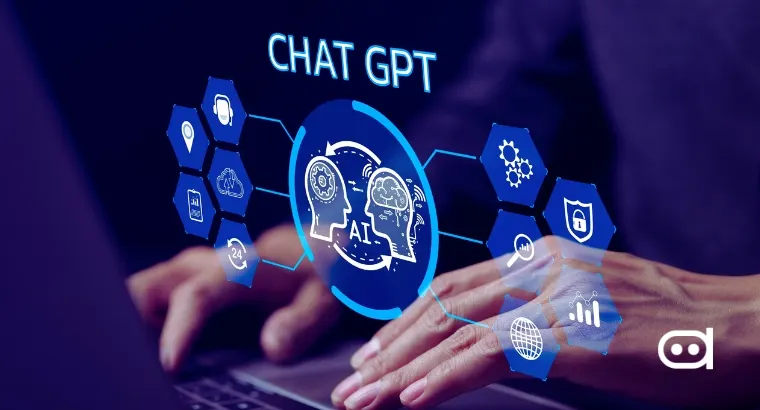
Google has introduced Threat Intelligence as a new cybersecurity measure in the AI ecosystem. It effectively brings its three platforms together—Mandiant, Gemini, and VirusTotal—with every platform performing its respective role to boost cybersecurity at a time when generative AI is on the rise. Communities are exploring different implementations of generative AI that practically go beyond editing photos.
Google Threat Intelligence leverages Gemini 1.5 Pro to make the process more efficient. Gemini 1.5 Pro has passed the test of analyzing the WannaCry virus code. The ransomware attack was detected in 2017, affecting several industries across the world. Released in February, Gemini Pro 1.5 took only 34 seconds to analyze and identify the kill switch.
Gemini is further expected to assist in summarizing threat reports. This could assist industries in taking appropriate measures to ensure that a responsive call does not underperform or overperform. Additionally, the generated threat reports would be easily comprehensible, providing clear explanations about the impact they are having on an industry, as well as the specific parts affected.
Google has backed Threat Intelligence for its capacity to monitor potential threats before an attack happens. Mandiant’s human experts monitor harmful groups and consultants help companies repel attacks.
Mandiant houses experts who monitor malicious groups and consultants who work to block different attacks. Google acquired Mandiant in 2022 and is now leveraging its experts to evaluate security vulnerabilities. Mandiant holds the credit for revealing the 2020 SolarWinds cyber attack against the US Federal Government. Mandiant will use Google’s secure AI framework to test AI models’ defense mechanisms.
This is imperative, as AI models can themselves suffer threats from time to time. This includes data poisoning, wherein malicious actors add bad code to data AI models so that they don’t respond to specific prompts. VirusTotal is likely to upskill its community, which regularly posts about threat indicators.
The Internet giant has been an avid supporter of AI. However, Google is not the only company that is exploring AI territory. Microsoft launched Copilot for Security, enabling cybersecurity professionals to ask questions about threats. Microsoft’s cybersecurity-specific AI model and GPT-4 provide the model’s capability.
Apple is in the race too. The company is committed to improving Siri by effectively deploying AI elements into the model. Apple has not revealed much, but it is safe to assume that the enhancement could include more responsive functionality and smarter and better assistance. An improved version of Siri is expected to be launched with iOS 18.
Researchers at Apple have developed a system known as EELBERT. The system can compress an LLM into a smaller size without compromising on quality.
For now, all eyes are on Google and its ways to include cybersecurity in the AI ecosystem. The primary goal is to promptly detect and prevent potential threats, thereby averting any unfortunate incidents in the digital realm.









